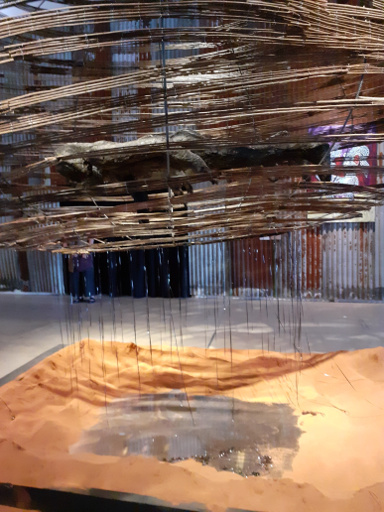A pair of Nairobi-based artist groups are showing and shining at the 15th installment documenta, an exhibition of Contemporary Art in Kassel, Germany, that opened to the public on June 15th. Members of both the Wajukuu Arts Project and The Nest Collective are featured in the show, which is devoted to art as a vehicle for community and economic development.
Representatives from the National Museum in Szczecin, a TPAAE partner institution, were on hand during the preview of the show for professionals and journalists. Marlena Chybowska-Butler and Ewa Prądzyńska renewed acquaintances with artists and curators and made new contacts as part of their field research. Founded in the aftermath of the Second World War, documenta takes place every five years and addresses current social issues among its displays of new and retrospective works.
Indonesia’s ruangrupa curated this year’s show, selecting Wajukuu and Nest among the nearly two-dozen collectives culled mostly from countries in the Global South. Their works are deemed to illustrate ‘lumbung’, the name given to community rice barns in the world’s largest island country that is indicative of the resource-sharing and community-building that those groups engage in as part of their artistic practice. All told, more than 1,400 artists are participating in the event, which draws upwards of one million visitors to the city on the Fulda River in central Germany during its 100-day run.
Wajukuu created a facsimile of the Kenyan capital’s Mukuru slum in the documenta halle, one of many venues around the city. Visitors enter through a specially built corridor resonates with sounds from the Lunga-Lunga neighborhood where the group’s artists live and work. Entitled “Wakija kwetu”, meaning Welcome to Our Home in the Swahili language, the corridor opens out into an exhibition space lined with corrugates metal sheets of the type that the half-million people who live in Mukuru use to construct their dwellings.
Works by the group’s two generations of member-artists are showcased on a rotating basis. There is a short film on the collective, which in part provides instruction in art and music through its Kids Club outreach. Wajukuu members also are working with school children from Kassel as part of their effort.
“This is an opportunity for us to show and share,” painter Ngugi Waweru said at a talk given by the collective’s members for preview attendees. “We are here to let people know that news coming from the slums isn’t all bad.”
In the Karlsaue Park, located a short distance from Freidrichsplatz and the documenta halle, Nest has created a work entitled Return to Sender. It comprises a theater constructed from baled and bagged clothing, electronic waste and other items that are routinely shipped from developed countries for distribution and disposal on the African continent. Inside, members address the mechanics of this practice and its negative consequences for people, local industry, and the environment in a film called “Return to Sender – Delivery Details” produced by the group.
Called mitumba, from the Swahili word for bundles, the used clothing that arrives from well-meaning donors in the west often is unusable by the time it gets into African hands, with some 40 percent deemed unwearable, members say. They blame the World Bank and International Monetary Fund, along with governments both in Africa and abroad for a morass that allows rich countries to avoid cluttering landfills for a relative pittance paid to authorities that accept the waste. What is more, the group says, is that the practice stifles development of local clothing manufacturers and the jobs they might provide.
“Clothing is a political choice, as it’s freedom of expression,” explains one speaker in the film. “But the identity of the buyers in the Global North gets transferred to the wearers, which robs them of agency and dignity.’
In addition to renewing their ties with Wajukuu, whose facilities MCB toured during a TPAAE mobility in March this year, she and EP spent some time with Danda Jiroljmek, who directs the Circle Art Agency, parent of Nairobi’s Circle Gallery. She hosted a preview of works made for documenta by Waweru and fellow group founder Shabu Mwangi that the TPAAE participants attended.
Mwangi also enjoys representation by AKKA Project, a Dubai-based gallery with an outlet in Venice that MCB visited during the preview of the 55th Biennale di Venezia in May. The gallery notes that Mwangi was cited by the Fondazione – Archivio Storico Bocchi, an Italian arts and culture foundation, for his civil commitment.
“One legacy of Colonialism is that art is reserved for the privileged few,” Mwangi told listeners at the group’s meet-and-greet. “It’s taught in schools that many of the people in Mukuru can’t attend because of the fees. We see art as an alternative form of education and the works show what’s inside of people who are fighting to be heard.”
In a discussion moderated by Michelle Coffey, the New York-based executive director of the Lambeth Foundation that provides Wajukuu with financial support for the educational activities it provides free-of-charge to Lunga-Lunga’s children, Mwangi added that “commerce separates art from the community”. He and the other Wajukuu members say they hope to gain funding for the purchase of a parcel of land outside Nairobi on which to instruct children in agriculture and animal husbandry.
“Education shapes society,” Waweru told the audience. “If we lose our ways of learning, we lose our culture.”
Text by Rick Butler












